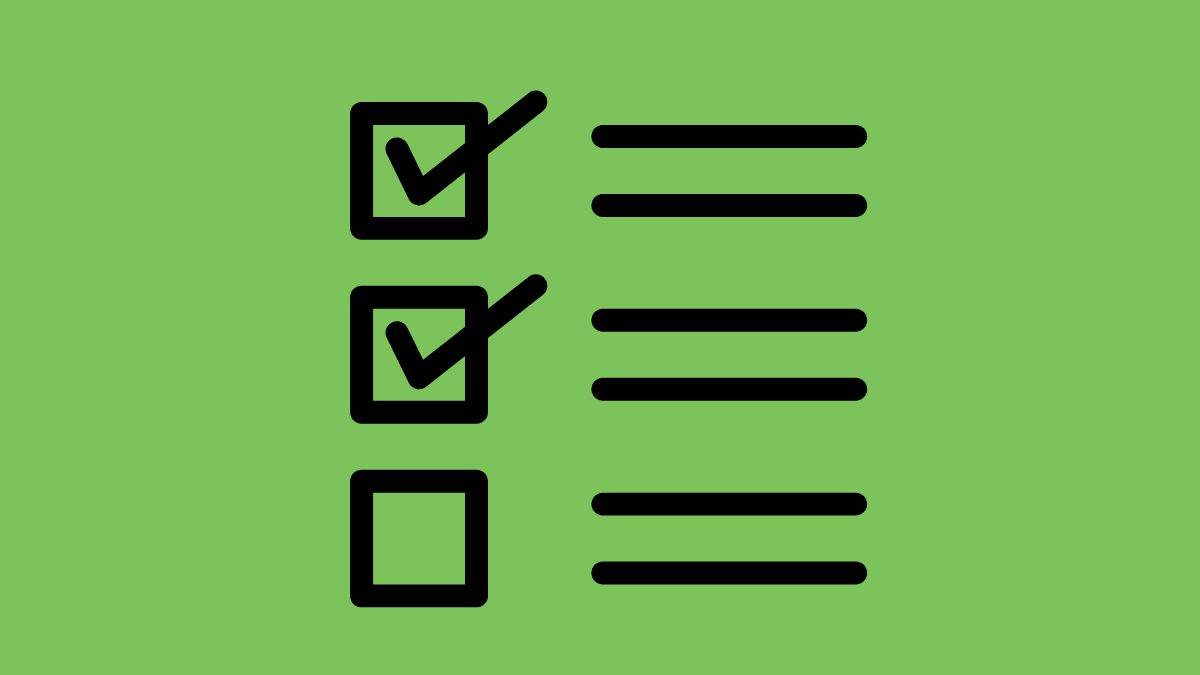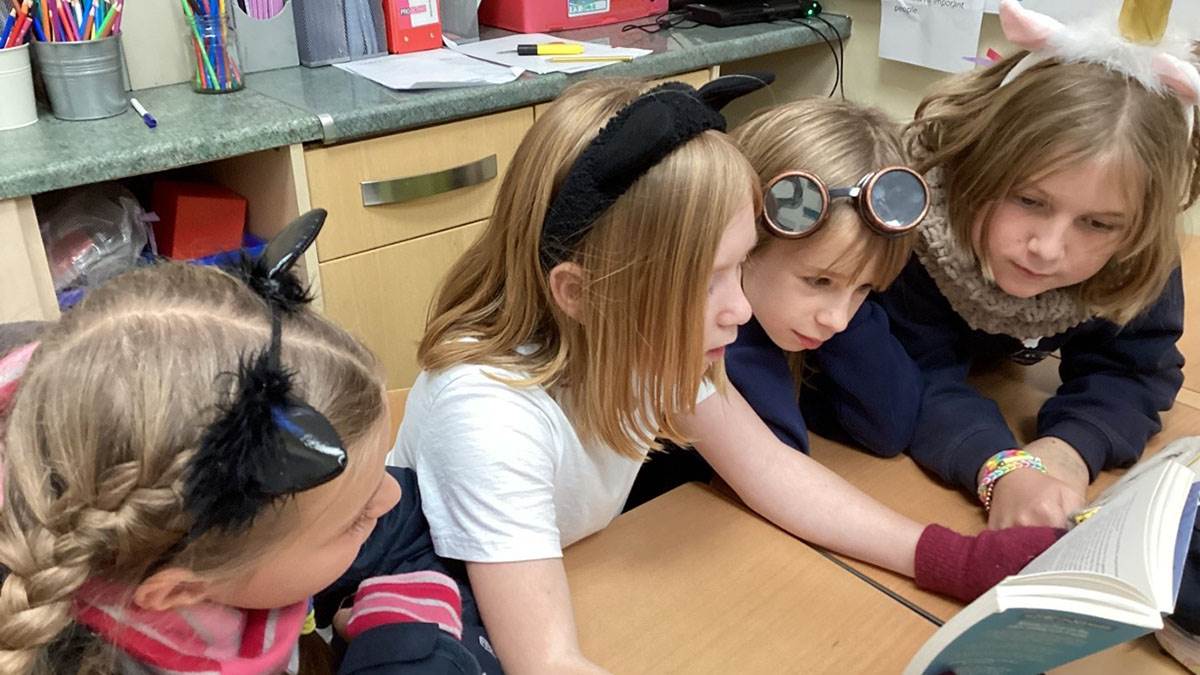Running a book club: Before you start
Published on: 07 December 2023

Before starting your book club, there are a few questions to think about.
What is the purpose of your club?
At first sight this seems a daft question, but many of the ideas and suggestions below will shift focus depending on why you are creating your book club. Is the club open to all? Have you been asked to target a specific group of children? What age group are you pitching for? Being clear on why you are starting a book club will help you select books, decide on the size of the club, duration and so on.
How big should your club be?
I started small and built the identity of my club; at present, I have 18 regular members. What is important is that each club member has the space to be heard and contribute.
When should your club take place?
The club should not feel rushed or shoehorned into the day. Not easy in many settings! However, to create an atmosphere where reading for pleasure thrives, you and the children don't want to feel you are clock-watching.

I run my club after school, at the end of the week. The children who come perceive this time as a wind-down time. Other colleagues in my teachers' book group have breakfast book clubs, lunchtime clubs, and SEN release sessions, but they all offer something of an oasis in a busy world.
How long should a session be?
This in part depends on the age of your children. My session for Years 5 and 6 lasts an hour; less than half an hour with this age group wouldn't allow the book talk which will enable your club to thrive. With younger children, you may find a shorter amount of time fits their needs better.
Why are you important?
There's a good chance that you are already a reader. Research shows that children read more when surrounded by adults they recognise as readers. Reading schools are those that have staff advocating reading and great books.
That said, members of my Stroud Group started as non-readers, they told the children this, and the children came along to share the ride. In time, book clubs can turn teachers into experts as well as children.





